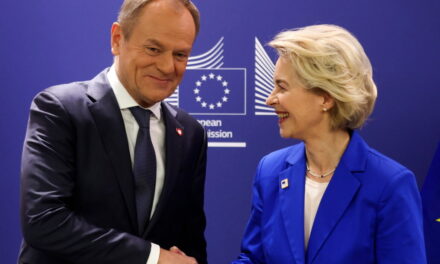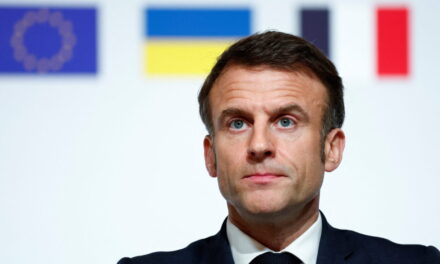We are convinced that the EU migration agreement can take place in the next few days, we will be able to finalize this political mandate for the Council in such a way that we can then continue to negotiate all the regulations and legal instruments that make up the migration pact together with the European Parliament, Ylva stated EU Commissioner for Home Affairs Johansson on Thursday in Brussels.
The commissioner said at the press conference following the meeting of the ministers responsible for internal affairs of the EU member states: a lot of progress has been made in the debate about the migration and asylum package, the main obstacles have been removed,
some minor disagreements still need to be ironed out.
The pact seeks to ease migration pressure on so-called frontline countries such as Italy and Greece by
some of the arrivals would be transferred to other EU countries. Countries that oppose accepting asylum seekers would be obliged to pay countries that accept migrants.
German Interior Minister Nancy Faeser confirmed after the meeting that a political agreement was reached in the Council on Thursday on the so-called crisis decree. As he said, Poland and Hungary spoke against it during the deliberations, but no vote took place on Thursday. He emphasized:
the conclusion of the agreement is extremely important for Germany,
because a new common European asylum system is a big step towards a clear limitation of illegal migration.
"In the future, everyone will have to be checked and registered at the EU's external borders. Those who have little chance of being granted asylum in the EU must be turned back directly at the external borders as part of a legal process. Germany wants an orderly procedural mechanism that respects asylum and other human rights. This system must also work in times of crisis to avoid lawlessness and chaos at the external borders. This is what the crisis decree is for," he pointed out.
He added that
the regulations prescribed in the crisis regulation can be decided by a qualified majority of the member states.
"Hungary and Poland have indicated that they do not stand by it, other than them, no other state has expressed a negative opinion. In this regard, we assume that this political agreement is valid," he stated.
MTI
Cover image: Photo: MTI/Csaba Krizsán













